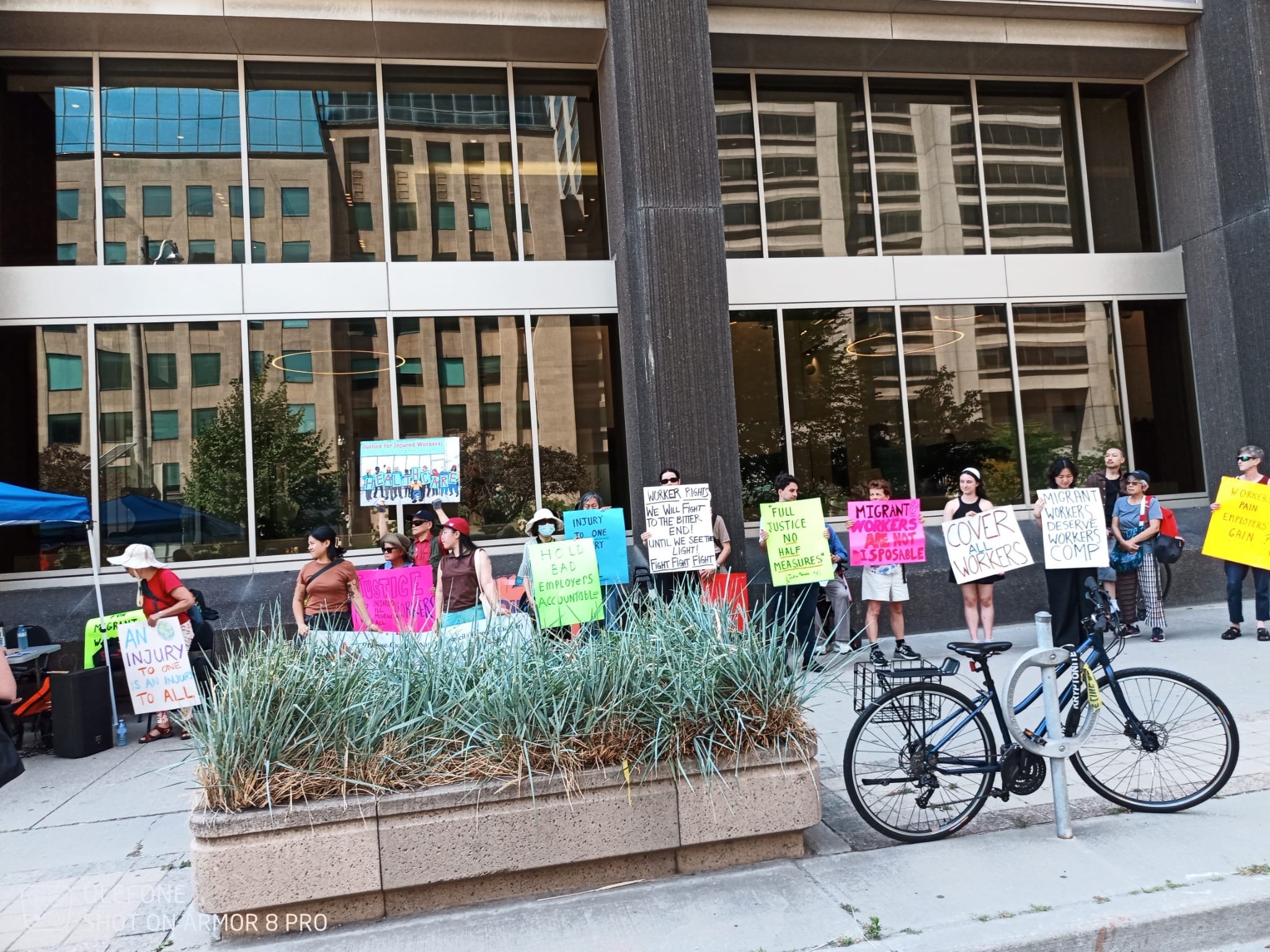What others think about an injured worker may have significant impact on that worker’s rehabilitation process and return-to-work strategy, according to new study from Quebec-based research firm, Institut de recherche Robert-Sauvé en santé et en sécurité du travail (IRSST).
What others think about an injured worker may have significant impact
on that worker’s rehabilitation process and return-to-work strategy,
according to new study from Quebec-based research firm, Institut de
recherche Robert-Sauvé en santé et en sécurité du travail (IRSST).
The IRSST study, which focuses on the rehabilitation of workers suffering from musculoskeletal disorder, reveals among other things the disastrous consequences for injured workers when they do not feel believed or supported during their absence from work.
Researchers observed the importance of workers' social reality to better understand their rehabilitation process. The researchers noted representations of health, illness and pain by workers unable to return to work due to musculoskeletal-related pain.
Pain is the central theme of the testimonies of all the workers questioned, according to the IRSST. It may be perceived as normal and under control in the context of work, or abnormal and problematic when it is constantly present and recovery is difficult. When the pain is considered abnormal, it can disrupt daily life and trigger an often complicated medical process extending over several months.
Pain acts as a signal or barometer for evaluating changes in the workers’ condition and the extent of their recovery. This description of pain is very important in determining and implementing rehabilitation strategies, the study found.
The study also found that for workers, who are beginning their rehabilitation on the job after about a year's absence from work, living with constant and uncontrolled pain alters their identity both as a parent and as a worker active in society, thereby reducing their self-esteem.
This low self-esteem is exacerbated when their pain is called into question. In such case, workers put their energy into resolving this particular problem, rather than coming up with concrete strategies for returning to work.
In contrast, those who receive support get a head start and, during the rehabilitation process, set clearer goals toward the resumption of occupational activities, the IRSST said.
Implementing pain management strategies also generate positive results. Once they are successfully back on the job, many workers mention finding meaning in their experience.
The IRSST study was intended mainly for occupational health and safety practitioners and rehabilitation counsellors. The findings can be used to establish action plans that are better adapted to the reality of people living with MSD, the IRSST said.
Studying and appreciating the testimonies promotes an in-depth understanding of the emotions, attitudes and behaviours that influence adaptation strategies for patients on the road to recovery or in rehabilitation.
The report can be downloaded free of charge at www.irsst.qc.ca/files/documents/PubIRSST/R-592.pdf
The IRSST study, which focuses on the rehabilitation of workers suffering from musculoskeletal disorder, reveals among other things the disastrous consequences for injured workers when they do not feel believed or supported during their absence from work.
Researchers observed the importance of workers' social reality to better understand their rehabilitation process. The researchers noted representations of health, illness and pain by workers unable to return to work due to musculoskeletal-related pain.
Pain is the central theme of the testimonies of all the workers questioned, according to the IRSST. It may be perceived as normal and under control in the context of work, or abnormal and problematic when it is constantly present and recovery is difficult. When the pain is considered abnormal, it can disrupt daily life and trigger an often complicated medical process extending over several months.
Pain acts as a signal or barometer for evaluating changes in the workers’ condition and the extent of their recovery. This description of pain is very important in determining and implementing rehabilitation strategies, the study found.
The study also found that for workers, who are beginning their rehabilitation on the job after about a year's absence from work, living with constant and uncontrolled pain alters their identity both as a parent and as a worker active in society, thereby reducing their self-esteem.
This low self-esteem is exacerbated when their pain is called into question. In such case, workers put their energy into resolving this particular problem, rather than coming up with concrete strategies for returning to work.
In contrast, those who receive support get a head start and, during the rehabilitation process, set clearer goals toward the resumption of occupational activities, the IRSST said.
Implementing pain management strategies also generate positive results. Once they are successfully back on the job, many workers mention finding meaning in their experience.
The IRSST study was intended mainly for occupational health and safety practitioners and rehabilitation counsellors. The findings can be used to establish action plans that are better adapted to the reality of people living with MSD, the IRSST said.
Studying and appreciating the testimonies promotes an in-depth understanding of the emotions, attitudes and behaviours that influence adaptation strategies for patients on the road to recovery or in rehabilitation.
The report can be downloaded free of charge at www.irsst.qc.ca/files/documents/PubIRSST/R-592.pdf





